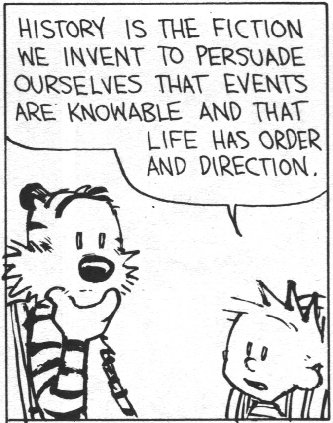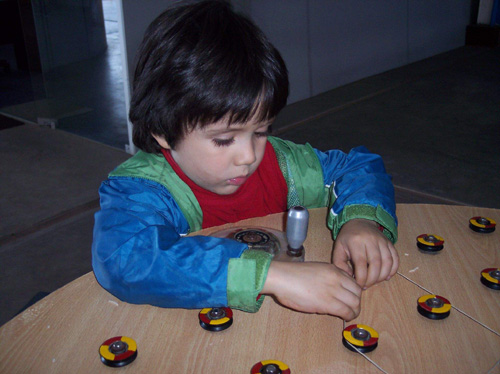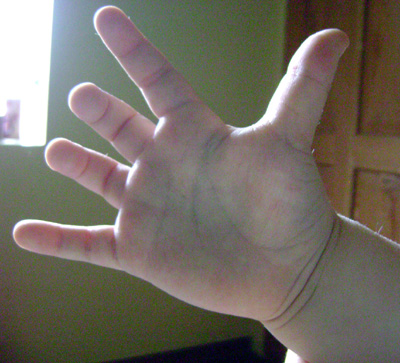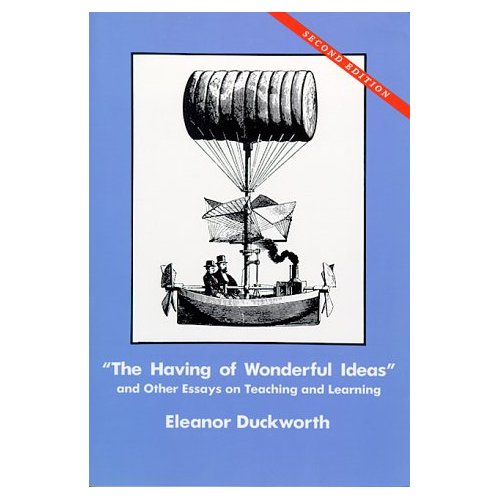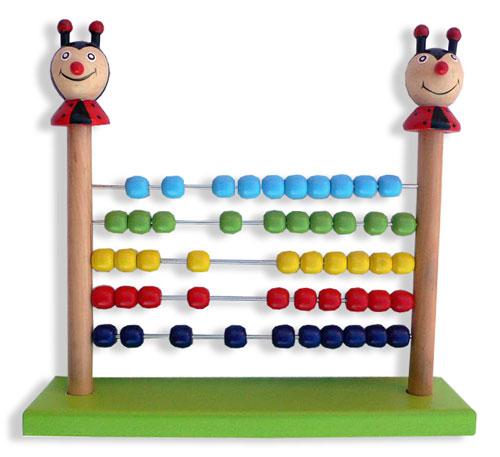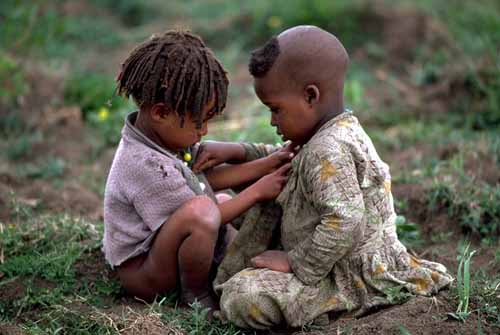
Hace un par de días Felix Reátegui llamó mi atención sobre Elizabeth Cole, a quien yo no conocía. Me interesó mucho su trabajo, especialmente la discusión sobre la enseñanza de la historia en sociedades en procesos de justicia transicional. ¿Qué narrativas se construyen en los cursos de historia? ¿Cómo se abordan y/o deberían abordarse los temas de conflicto y las experiencias de la historia reciente? Abraham Magendzo me contaba hace poco que está terminando una investigación de varios años acerca de los conflictos éticos por los que atraviesan los profesores de historia en Chile (de izquierda y de derecha) cuando tienen que abordar, como parte de la curricula, el tema del golpe de Pinochet. ¿Y qué pasa con los docentes peruanos? Sería interesante analizar con cierto detalle si se trata o no, en los cursos de historia, el tema del conflicto armado (nuestra historia reciente) y en todo caso, de qué manera se aborda, qué información se le da a los niños, que margen de discusión se permite sobre el tema y que tipo de historia se construye con ellos, finalmente.
Este artículo (del cual solo he podido encontrar el abstract, lamentablemente) da una idea del tema tal como lo aborda Elizabeth Cole:
Elizabeth A. Cole (2007). Transitional Justice and the Reform of History Education. International Journal of Transitional Justice 1(1):115-137
Abstract
Where does history education fit into transitional justice and how can it contribute to the goals of transitional justice? The contemporary understanding of transitional justice has broadened to encompass more than just prosecutions, reparations, preventing impunity, and building rule of law. Transitional justice goals now extend to truth telling, restoring the dignity and preserving the memory of victims, building peace, creating respect for human rights and democracy, and to reconciliation. Tools for achieving these goals now include truth commissions and commemorations. But this list has not until now included how the historical narrative of the group(s) involved in conflict must change as a part of transition; and education, while often invoked when the topic of ‘never again’ is raised, has been largely absent from the transitional justice discourse. Neither the larger education system nor the teaching of history – both what is taught and how – has been considered by the institutions transitional justice has aimed to reform. This article considers why history education matters, what conditions complicate its reform and what recommendations can begin to be offered with regard to the relationship between history education and transitional justice.
Como para leer algo más, pongo aquí un enlace a un documento suyo llamado Unite or Divide? the Challenges of Teaching History in Societies Emerging from Violent Conflict
The challenges of teaching history
Aquí en versión pdf
Y algo relacionado escribí yo en este artículo que salió publicado el año pasado en la revista virtual Letra de Cambio.
La CVR en las escuelas
Y hago un pedido: Si alguien tiene el artículo de Cole completo (el del abstract que puse más arriba) por favor que me lo mande. Tengo ganas de leerlo y no lo encuentro ni en la web ni en las bases de datos de la biblioteca.
Nota:
Imagen del libro vacío tomada de aquí
Actualización:
Mi amigo Carlos Iberico que todo lo encuentra me envió el artículo! » Leer más
